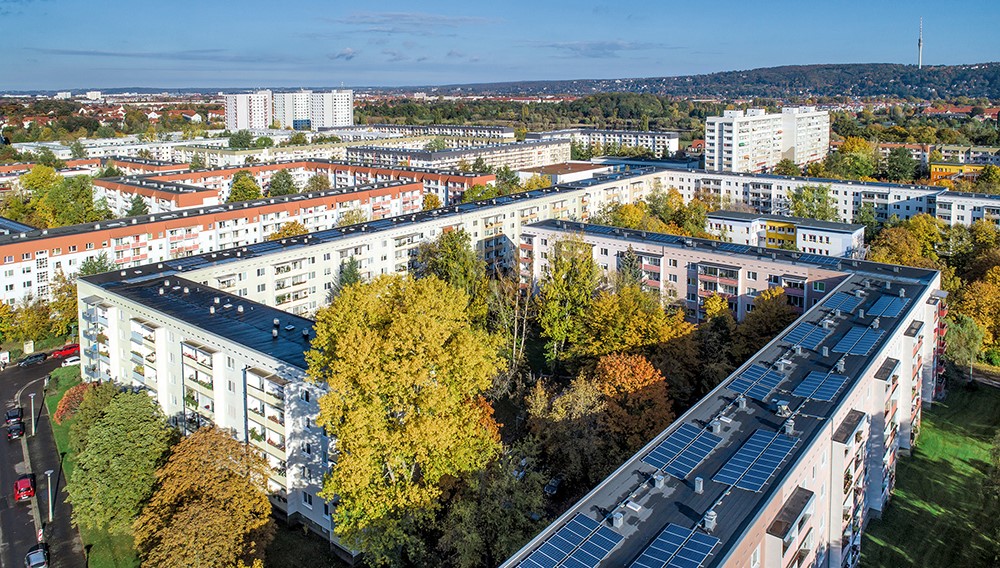Capital Markets Outlook
2021 was another year full of challenges. The supply and delivery bottlenecks are proving to be more intense and persistent than expected. The impact of the new Omicron variant of the coronavirus remains unclear.
Looking at the global macroeconomic environment, more bottlenecks, higher inflation and slower growth are predicted to be on the cards for 2022.
From a global perspective, the course that the coronavirus pandemic takes is also likely to have a decisive influence on economic development in 2022. But the world is faced with other challenges, too, such as climate protection and the associated transformation towards a climate-friendly “green” economy.
Another topic that has become increasingly important is digital transformation, with the demands it places on both the expansion of digital infrastructures and the corresponding regulatory framework. Last but not least, ongoing geopolitical uncertainty, for example in Asia or in Russia’s sphere of influence, as well as the battle between different social and economic systems, namely between the U.S. and China, for resources, shares in trade, technological supremacy and geopolitical influence could add further fuel to the disruption of global economic growth in the form of trade wars or financial market restrictions, for example. Rising to these challenges will likely continue to demand a great deal of effort from the world’s economies in 2022 – while also opening up completely new opportunities in the quest to overcome them.
With Vonovia’s moderate level of debt, which allows the company to acquire a significant volume of financing eligible for the collateral pool, and its investment grade rating as proof of our exceptionally stable business model, Vonovia’s debt instruments will remain a sought-after investment. We do not expect to see any direct correlation between interest rate developments and earnings given the long maturities of our financing instruments and the smooth maturity profile. Rather, it is evident that the supply/demand situation regarding the residential real estate market and, as a result, rental development has much more of an impact on earnings. This is enhanced by the results of the Value-add Business, which is unrelated to interest rates.
We expect to see robust economic growth and a mix of loose fiscal and monetary policy in 2022. While one positive aspect is that spread widening will be contained by technical factors, 2022 will be characterized by greater levels of volatility as various forces will have an impact on spreads.



